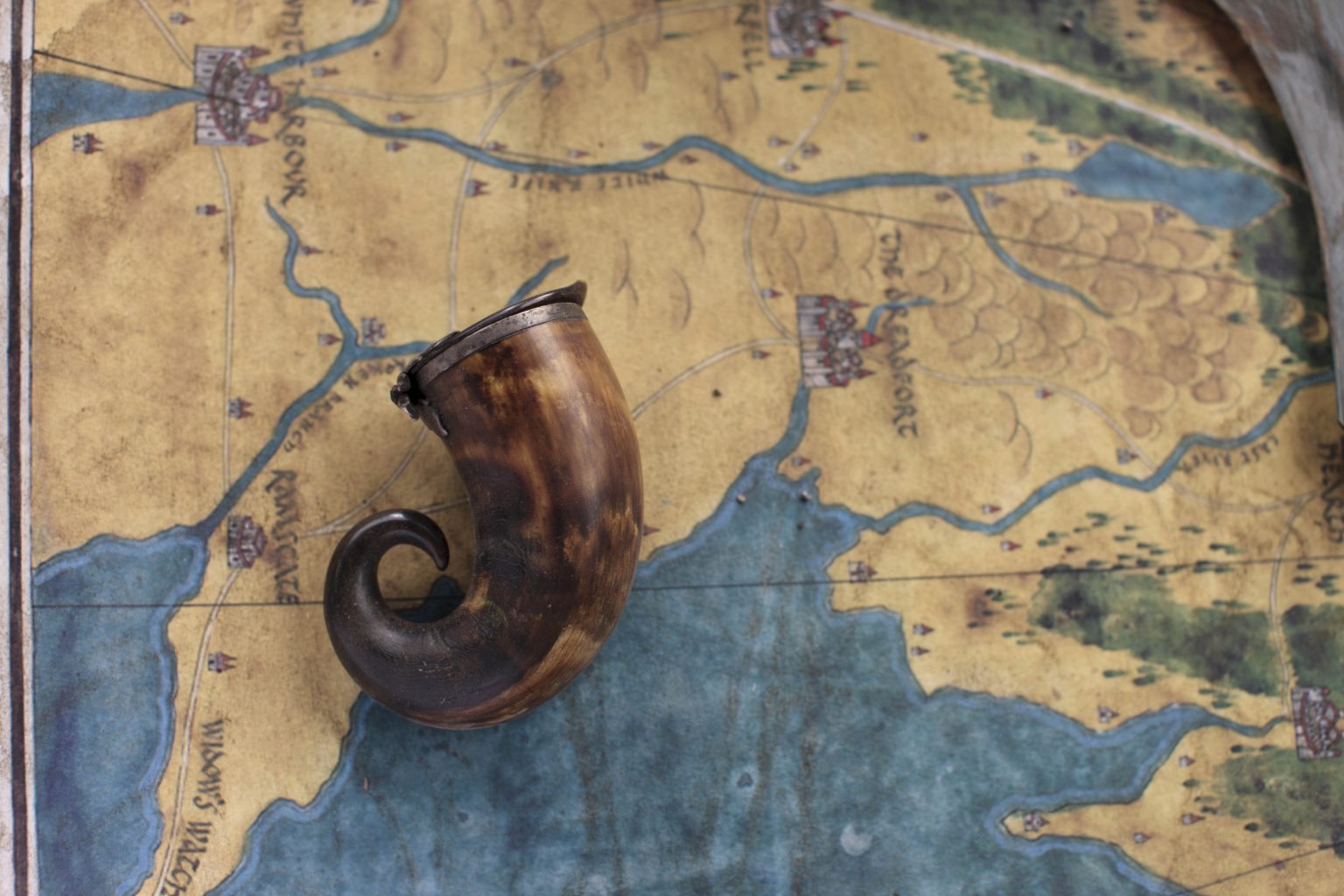The philosophy of Stannis Baratheon
In a series with a seemingly endless cast of characters, very few can truly claim a significant impact on the events of the Game of Thrones story, but Stannis Baratheon is one of those characters. Despite only being introduced in the second book, he has been an insatiable threat to the dominance of the Lannisters in Westeros. What I find to be most interesting about Stannis is his attitude towards duty, and the ways in which this commitment is tested by his enemies, posing the question: is it better to win dishonourably, or to lose with your honour intact?
Without getting too technical, Stannis exemplifies the Kantian principle of acting from your duty to the moral law. It would be very easy for Stannis to sleep around, drink, and dismiss his kingly duties like his brother Robert, but he understands that he has a duty to uphold.
“Stannis Baratheon does things not because he wants to but because he must”
Stannis Baratheon does things not because he wants to, but because he must. When his castle was under siege, all the food that Stannis and his men could eat had came from an onion smuggler. Stannis ate after all his men had been fed, and his share was no bigger than the stableboy’s. When the siege was lifted, he cut the smuggler’s fingers at the first joint and made him his right-hand man, because an honourable act does not make up for a life of crime, and a life of crime does not take away from true honour.
But the world of Game of Thrones does not reward honour. Every time duty has called on Stannis to help the king put down a rebellion, or defend the land from wildlings at the wall, he has answered, but he has not always been rewarded for his efforts. The Baratheons’ greatest stronghold, Storm’s End, went to his younger brother Renly despite his rights, and although Stannis is next in the line of succession after Robert, the Lannisters hold the capital. This seems to be the question at the heart of Stannis’ character. For all his honour his forces are scattered, his enemies strengthen their hold on the kingdom, and day by day his support dwindles as powerful lords choose more prosperous allies.
Stannis’ unyielding respect for his duty is greatly contrasted with Tywin Lannister’s treachery. As head of House Lannister for over 30 years, Tywin has been picking his battles, making the necessary alliances, and killing the necessary people to ensure that his house remains in power in a world teeming with lying fiends eager to get a leg up in the game of thrones. Where Stannis acts out of duty, Tywin acts out of what he must in the moment, providing a good dynamic between the two characters for us to analyse.
Despite Tywin’s lack of honour, he has undeniably been more successful than Stannis in the battle for power and control of the seven kingdoms. His family has a strong hold on the line of succession, his alliances span the most powerful houses in Westeros, and the Lannisters are unquestionably the wealthiest House in the series. It seems then that Stannis is a fool to stick to his duty if others prosper for their scheming.
Game of Thrones does a good job of not providing a conclusion to this universal question. For all of Tywin’s power and riches, his alliances and scheming are arguably unsustainable, as fear and the thirst for riches aren’t great sources of loyalty when times are tough. Similarly, Stannis’ devotion to his duty, although it may push many away, will command the undying loyalty of those that remain. For me personally, I can’t decide who is right in the debate – duty or debauchery. It’s a good thing that dragons don’t exist, I guess.

Comments